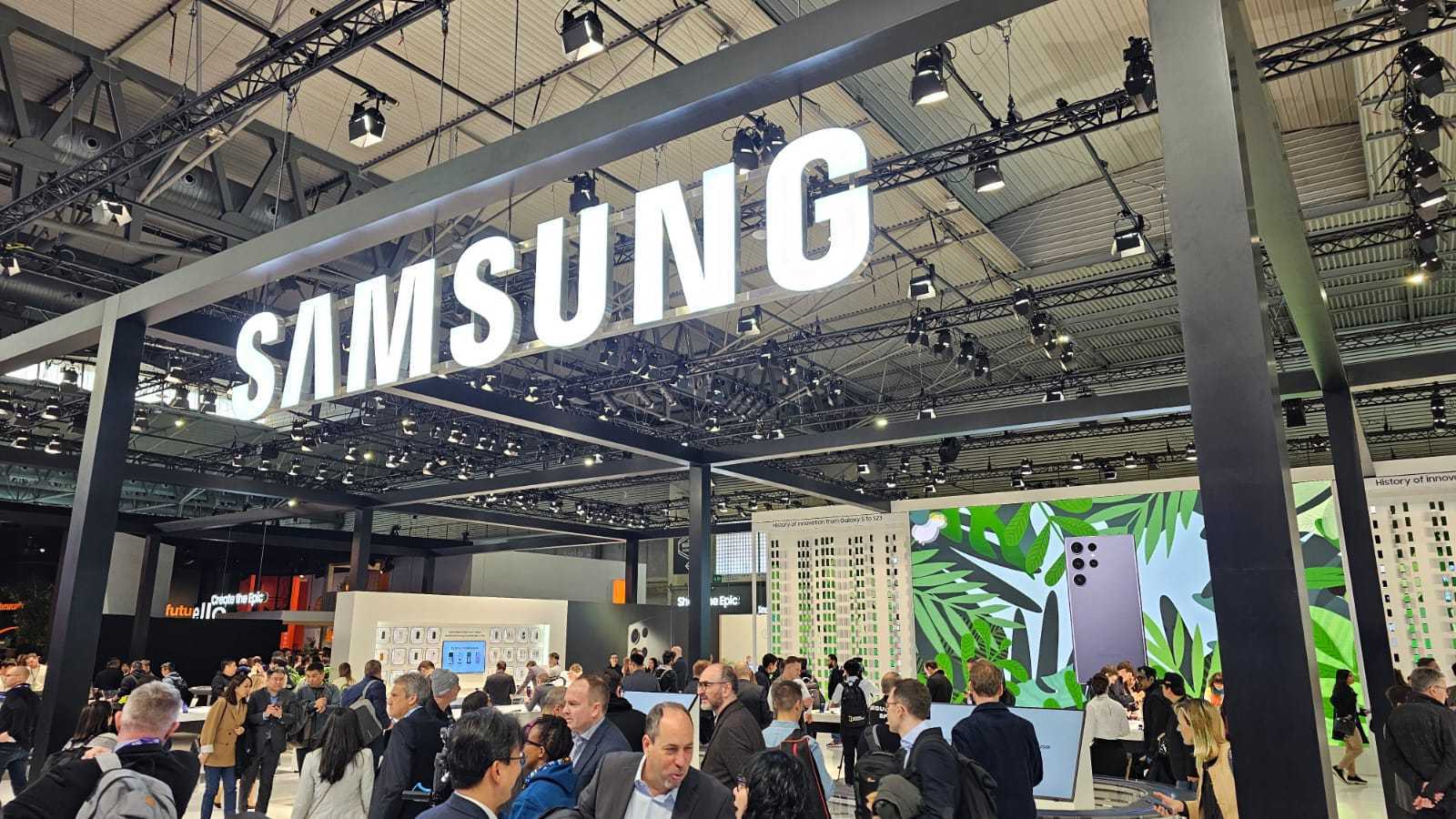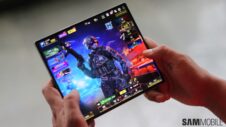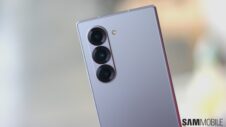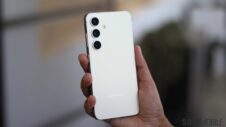Apple has been somewhat of a permanent fixture on Interbrand's Best Global Brands list. The overall brand perception for Apple is that it enables customers to connect, pay, play, and thrive. Even as Samsung's perceived brand value has increased significantly and it sits at the fifth spot on that list, it doesn't quite seem to evoke the same emotions as Apple, despite all of its innovations in products and design.
The emotional element has been the bedrock of Apple's branding strategy. Since the company was started in 1976, it has focused on building a dedicated almost cult-like community of fans with what can best be described as religious reverence for its products. Its “Think Different” campaign from the late 1990s elevated brand equity to the stratosphere.
Despite being one of many tech companies at that time, Apple expertly created an emotional connection with people, evoking in them a sense of belonging with its whole “Here's to the crazy ones. The misfits. The rebels. The troublemakers,” bit. The company's counter-culture image was cemented for times to come. Apple had expertly tapped into the emotions of people who felt that their individuality wasn't respected. It made them feel like that buying Apple products made them a part of something bigger.
Technical details are the last thing Apple cares to advertise
The campaign was very simplistic yet incredibly powerful. It didn't focus on any technical details of Apple's products or how they were better than the competition. There wasn't a rambling list of specs and features. It was a manifesto that rallied together people who craved a sense of belonging, creating such a deep emotional bond that for them to consider any other product was bordering on blasphemy.
The Think Different campaign may have been phased out but the simplicity and consistency continue to anchor the emotional element. It's evident in the way Apple speaks to customers about its products. Product descriptions are not overly technical, rather, they focus on how they can help customers lead more fulfilling lives. Ultimately, customers convince themselves to purchase a new iPhone not because it has an octa-core processor or a telephoto sensor, they buy it just because it's the latest iPhone.
Its marketing efforts have consistently driven home Apple's innovative and design-driven philosophy. This has been embedded so firmly in its customers' minds that even in times when Apple has clearly given up on innovation, its loyal base still finds it impossible to venture outside Apple's walled garden. It's impossible for them to consider that there's a world beyond Apple.
That's how despite making fewer products, Apple makes more money and captures more market share. From foldables to high-end flagships, mid-range, and low-end phones, Samsung makes dozens of new phones every year. Apple only makes a couple of new iPhones every year. Yet, 8 out of the top 10 best-selling smartphones in the world are iPhones. In 2022, Apple captured 85% of the total global smartphone market profits.
Samsung's approach has always been more functional than emotional. Its messaging has largely focused on presenting the technical superiority of products. It has also been inconsistent. Samsung seems to pick up a new idea, run with it for a while and then drop it altogether, making it difficult for customers to realize what it stands for. Its ads have either been too technical for a while or too tongue in cheek and then the script is flipped entirely. There doesn't seem to be an underlying idea that pins it all together.
There was a time when Samsung pushed its anti-Apple campaigns ferociously. Every other ad poked fun at Apple and its products for a while and that really made a lot of people at Apple angry. Mission accomplished, but then Samsung just gave up on that, even going so far as to delete some of the ads that mocked Apple. This fragmented approach has often made it feel like Samsung lacks a clear focus. There's no big picture, overarching brand promise like Apple's acceptance of the rebels and the misfits, one that can be evolved and used consistently across all touchpoints.
The Galaxy Note 7 fiasco forced Samsung to think outside the box. It had to create an effective and convincing message that could restore customers' confidence that its phones won't blow up for no reason. From the ashes of the Galaxy Note 7, Samsung's brilliant “Do What You Can't” marketing campaign rose like a phoenix. Marc Mathieu, Samsung's chief marketing officer in the US at that time, explained that the idea behind this campaign was to humanize the brand following the fiasco and rebuild the emotional relationship with people.
Samsung started turning its marketing around in 2017
The first Do What You Can't ad came out in March 2017 to promote the new Galaxy S8 series. It was a beautifully animated ad featuring an ostrich that learns to fly using Samsung's virtual reality technology. Mathieu said the ad highlighted Samsung's focus on “making products that in theory couldn’t be made so that people could do things that couldn’t be done.” It was very well received, winning seven awards at the Cannes Lions International Festival of Creativity and seven trophies at the prestigious Clio advertising competition.
Samsung stuck with this campaign for a few years, releasing beautiful ads that encouraged people to transcend barriers and achieve what they never thought possible, but then it just stopped. You can’t even find some of the old ads on Samsung’s official YouTube channels. Even the award-winning Galaxy S8 Ostrich ad has been scrubbed from the channels. Do What You Can’t had the potential to become Samsung’s Think Different, but perhaps Samsung lost confidence in the idea.
It seems that Samsung is fine with jumping from one idea to the next, focusing on what’s required to market a certain product from a certain angle at a specific time, without it all tying into an overarching ethos and identity. Samsung can argue that the strategy works and that the sales prove it. With Samsung’s renewed focus on building out a comprehensive ecosystem, a strategy that’s been very successful for Apple, perhaps it also needs to focus on eliminating the fragmentation from its brand identity.
If anything, Samsung needs to work harder than Apple to create an unbreakable emotional bond with its customers. An iPhone user has no alternative to iOS, while an Android user can switch from a Samsung phone to a Google Pixel without much difficulty. Samsung needs to give them a compelling reason to stay. Specs and features can only do so much.
Apple’s brilliant execution of the emotional component is a marketing case study for generations. Think Different is in the past, and Samsung needs to set a new standard for the future.







